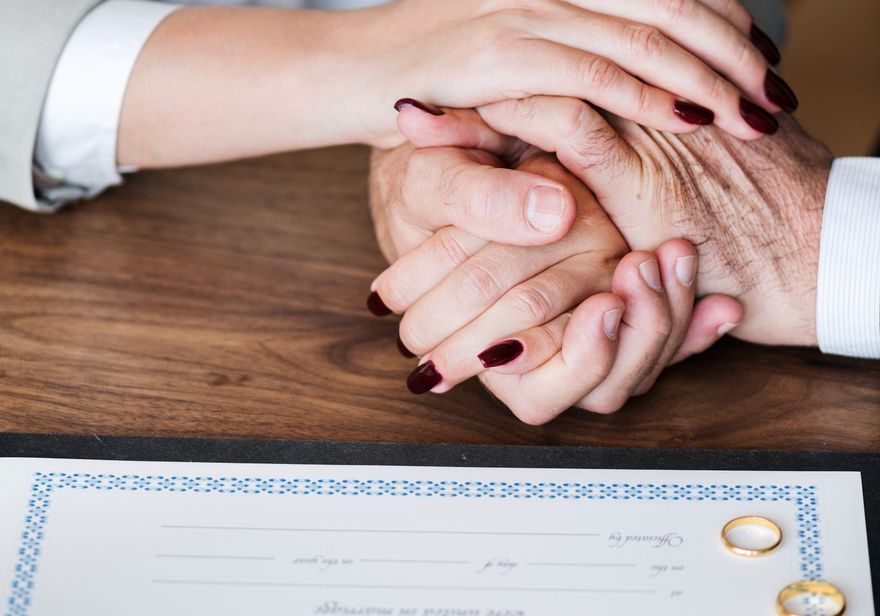YOUR NEW JERSEY Family Law Advocate
Guiding You Toward "Happily Even After" with Compassion, Experience, and Results
SCHEDULE YOUR CONSULTATIONFree copy of our divorce guide with every consultation


Family Law Challenges? We're Here to Help.
We focus exclusively on family law, offering experienced, compassionate, and results-driven representation for clients across Southern and Central New Jersey.
View All

Divorce & Separation
Navigate your divorce proceedings with confidence, discretion, and professional guidance every step of the way.
View More
Child Custody & Parenting Time
Resolve custody matters sensitively and effectively in the best interests of your children.
View More
Alimony & Spousal Support
Guidance in negotiating fair alimony and support agreements, including complex matters involving business interests.
View More
Domestic Violence Representation
Providing dedicated legal representation and compassionate support for domestic violence cases in New Jersey.
View More
Prenuptial Agreements
Learn how a Prenuptial Agreement can protect your future and assets with expert legal guidance.
View More

Meet Carl Taylor, Esq.
Founder of Carl Taylor Law Firm, LLC
With over 15 years of legal experience, Carl Taylor brings a deep understanding of family law, backed by a broad litigation background.
From representing municipalities to publishing two widely respected divorce guides, Carl is committed to providing personalized, effective legal counsel that simplifies the complex and keeps your best interests at heart.
More About CarlFamilies in New Jersey Trust Carl Taylor Law Firm.

Client-Centered Approach
Fast responses, regular communication, and clear legal guidance.
Efficient & Ethical
We're "Dolphins, Not Sharks"—assertive when needed, but never aggressive for show.
Community Education
Regular workshops and seminars to help families understand their legal rights and options.
Real-World Understanding
Advice that's practical, compassionate, and always in your family's best interest.
Public Advocacy
Active involvement in local organizations supporting families through challenging times.
A Note for Business Owners
Let's be honest — owning a business can be tough on a marriage. It's an often high-stress way of life that requires "seemingly" endless amounts of time and energy.
Then, ironically, the fact that you own a business makes your divorce more complex. It's like you can't win! But true entrepreneurs rarely give up. By visiting this website you are taking an important first step: one of educating yourself on your important rights (as well as your responsibilities)consistent with a New Jersey Divorce for a business owner.
About our bookWhat Our Clients Are Saying
Carl handled this matter with skill, empathy & grace
As a former attorney, I appreciated the personal touch with which Carl dedicated himself to bringing this matter to a conclusion for me.
S.E. Former ClientCarl is a great lawyer - professional and dedicated to his clients
He took my case and got all the important terms I wanted, especially residential custody of my children. His expertise made a real difference.
P.P. Former ClientCarl's calm and confident demeanor helped me get through difficult moments
In the end I got everything I wanted thanks to Carl! His guidance was invaluable throughout the process.
L.S. Former ClientCarl is responsive and answers all questions and concerns
From beginning to end, Carl made me feel very comfortable and confident in his practice. His attention to detail was impressive.
J.S. Former Client
Take the First Step?
Schedule a Flat Rate $250.00 Consultation with the firm and receive a 1-2 hour strategy session with Carl and a complementary copy of his book "Happily Even After: the Guide to Divorce in New Jersey.

